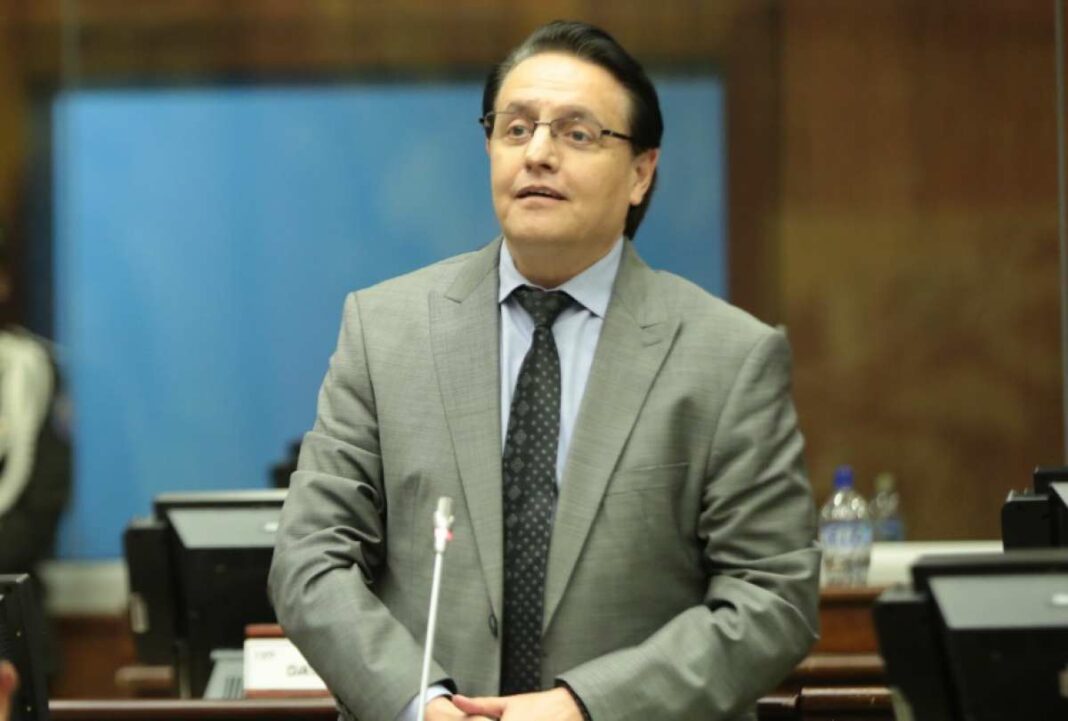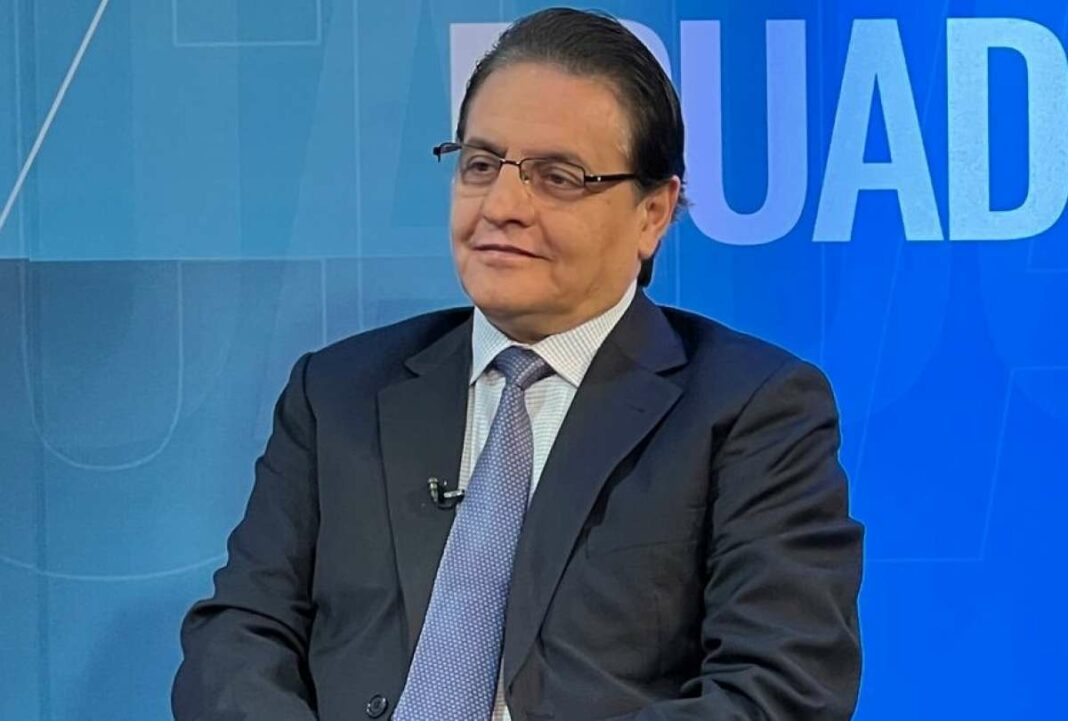Fernando Villavicencio Biography
Fernando Villavicencio, born on October 11, 1963, in Ecuador, was a multifaceted individual who played significant roles in politics, journalism, and activism.
As a man of strong principles and a deep sense of justice, he left a notable mark on Ecuador’s socio-political landscape.
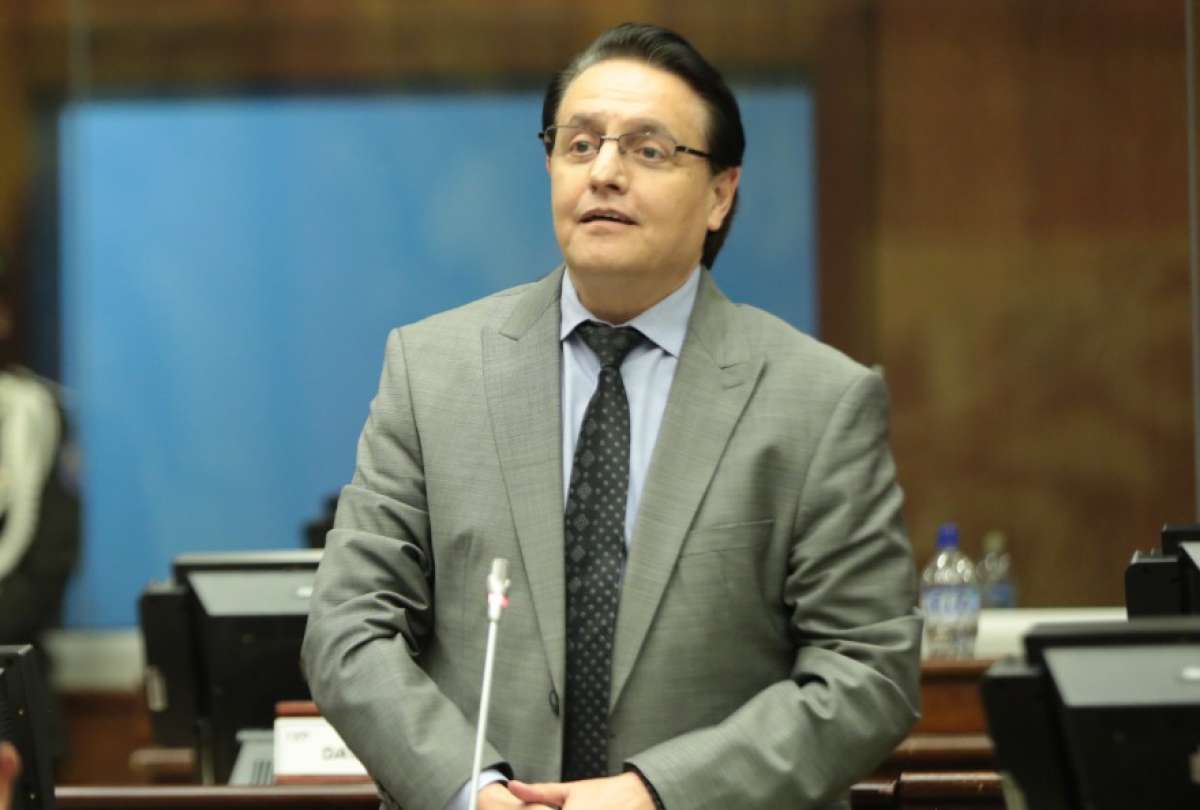
Fernando Villavicencio’s journey began in the realm of journalism, where he fearlessly exposed corruption and violence within Ecuador. Through his investigative work, he gained a reputation as a courageous journalist unafraid to challenge those in power.
His critical stance on former President Rafael Correa’s administration led to legal troubles and eventually forced him into exile in Peru. During this period, he endured imprisonment until his exoneration in 2018.
After returning to Ecuador, Villavicencio turned to politics, recognizing that systemic change could be achieved through legislative efforts. He secured a seat in the National Assembly in 2021, marking a significant turning point in his career.
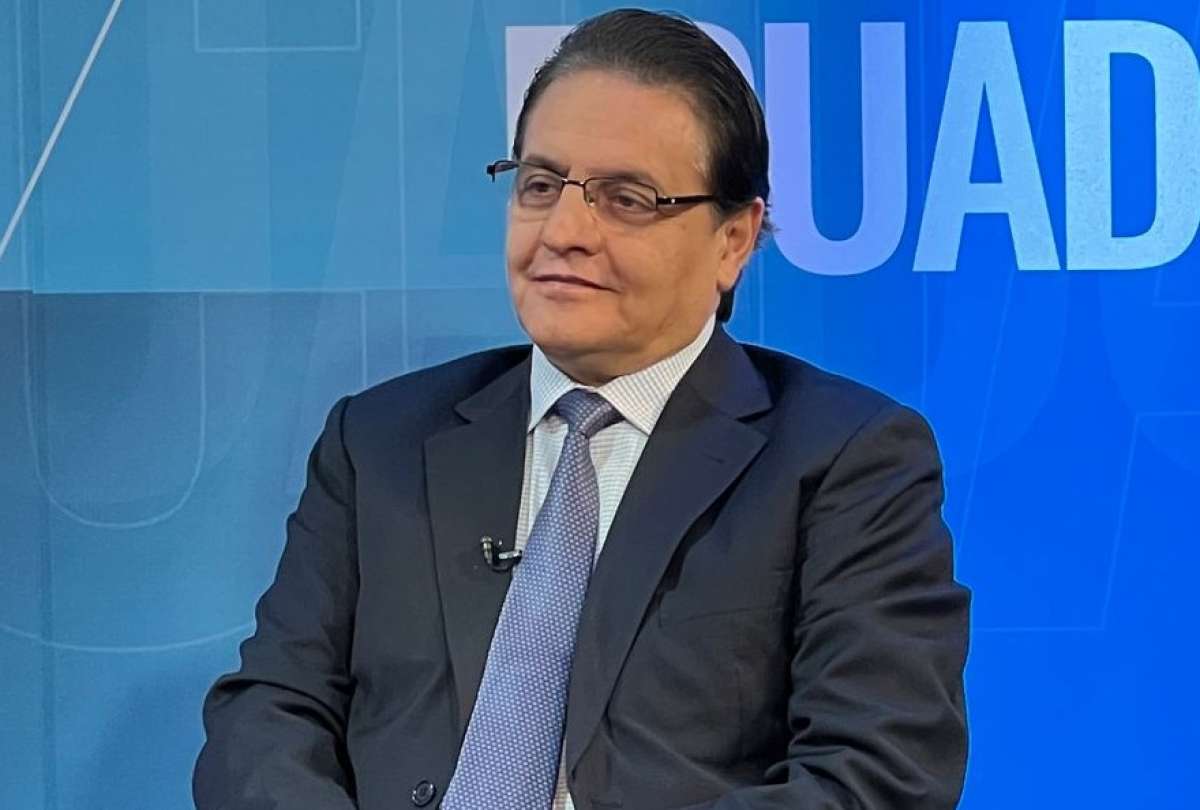
His tenure in the Assembly was marked by his unwavering commitment to transparency, accountability, and environmental protection.
However, Villavicencio’s ambition went beyond being a lawmaker. In a bold move, he announced his candidacy for the presidency in the 2023 general election.
He campaigned with a resolute focus on tackling corruption, addressing escalating violence, and safeguarding the environment. His determination to expose the dark underbelly of Ecuador’s issues earned him both admiration and controversy.
Throughout his campaign, Villavicencio’s message resonated with citizens disillusioned by corruption and seeking change.
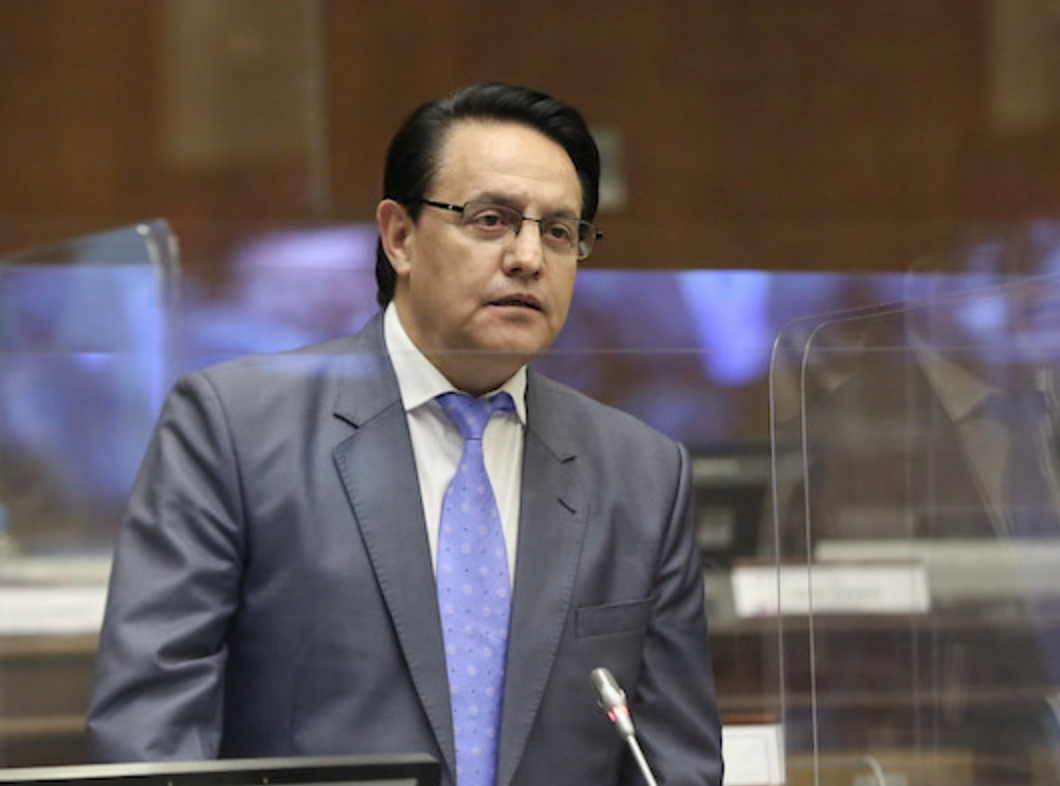
He coined the term “narco state” to describe Ecuador’s struggle with gang-related violence, further underscoring his commitment to confronting uncomfortable truths.
His presidential journey was characterized by challenges, from candidacy approval hurdles to fluctuating poll numbers.
Fernando Villavicencio Cause of Death
At 18:20 (ET) on August 9, 2023, during a campaign rally at Colegio Anderson in Quito’s northern part, Villavicencio was shot in the head while entering a vehicle. Despite a grenade thrown by the gunman during the attack, it failed to detonate.
Villavicencio was rushed to a nearby clinic where he was later declared dead at the age of 59. Alongside him, nine others, including a police officer, were injured during the shooting. At the time of the assassination, Villavicencio was under guard. A suspect linked to the assassination was killed in a subsequent shootout.
The assassination occurred less than two weeks prior to the general election. The day before his death, Villavicencio had reported an unnamed oil business to the Justice Ministry. Details about the report remain undisclosed.
Amidst rising gang violence, The Washington Post noted the timing of his assassination. Throughout his presidential campaign, Villavicencio had received multiple death threats, including one from the Sinaloa Cartel, with the latest threat coming a week prior to the shooting.
President Guillermo Lasso confirmed Villavicencio’s death, vowing that the “crime will not go unpunished”. Following the attack, Lasso requested a security meeting at Palacio de Carondelet in Quito.
Presidential candidate Jan Topić invoked Villavicencio’s assassination to call for action against the escalating violence in the country. Other candidates such as Yaku Pérez, Xavier Hervas, Otto Sonnenholzner, and Luisa González expressed their condolences and denounced the attack.
The Organization of American States (OAS) electoral observation mission, due to arrive in Ecuador the next day, issued a statement condemning the murder, expressing solidarity with the Ecuadorian people, and urging authorities to conduct a thorough investigation.
Footage of the attack circulated on social media shortly after confirmation of Villavicencio’s death. The videos depicted Villavencio entering a vehicle amidst gunshots and witnesses’ screams. On the day of his assassination, armed men also attacked his party’s offices in Quito.
Subsequent to the assassination, Villavicencio’s widow, Verónica Sarauz, criticized his security team for their failure. His running mate, Andrea González, announced plans to honor him by naming a street after him in his hometown of Alausí.
Fernando Villavicencio Age
At the time of his death, he was 59 years old.
Fernando Villavicencio Funeral
When is Fernando Villavicencio’s Funeral
At the time of this report, there were no details about his funeral.
THANK YOU for constantly reading stories on AtinkaNews. You are free to share this story via the various social media platforms . Kindly follow us on Facebook, Instagram and Telegram.

